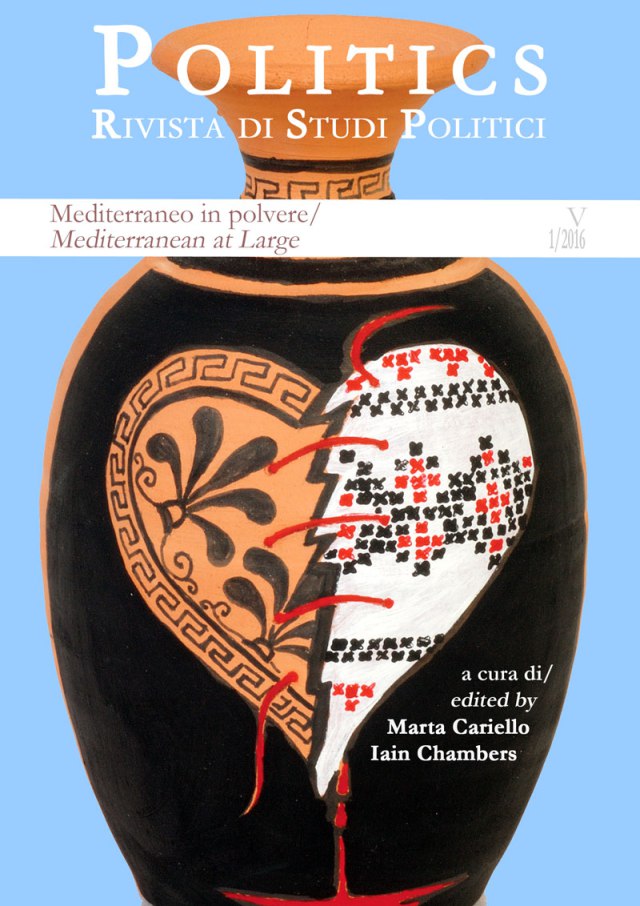“Dividuous waves of Greece:” Hellenism between Empire and Revolution
Abstract
This article proposes a reading of P. B. Shelley’s lyrical drama Hellas as a critical encounter with early nineteenth century philhellenic discourse. This reading challenges, therefore, the still prevalent understanding of Shelley as an archetypal idealizing philhellenist. By reading Hellas in the context of Shelley’s manifold engagements with classical and modern Greece and by examining the subversive deployment of the “westering” theme in the lyrical parts of the work, I argue: 1) that Shelley draws attention to the appropriation of Hellenism by hegemonic political and cultural discourses of the period and to its entanglement with imperial politics; 2) that the chorus’s gradual recognition of the historical situatedness of its discourse simultaneously resists its wholesale subsumption under Eurocentric universalism and retains a utopian, future-oriented Hellenism as a guide for radical politics.Downloads
Download data is not yet available.
Pubblicato
2016-07-21
Sezione
Articoli
Copyright (c) 2016 Simos Zeniou

This work is licensed under a Creative Commons Attribution-NonCommercial-ShareAlike 4.0 International License.
In conformità col Public Knowledge Project, la rivista accoglie l'uso di una licenza CREATIVE COMMONS license CC Attribuzione - Non commerciale - Condividi allo stesso modo 4.0
http://creativecommons.org/licenses/by-nc-sa/4.0

